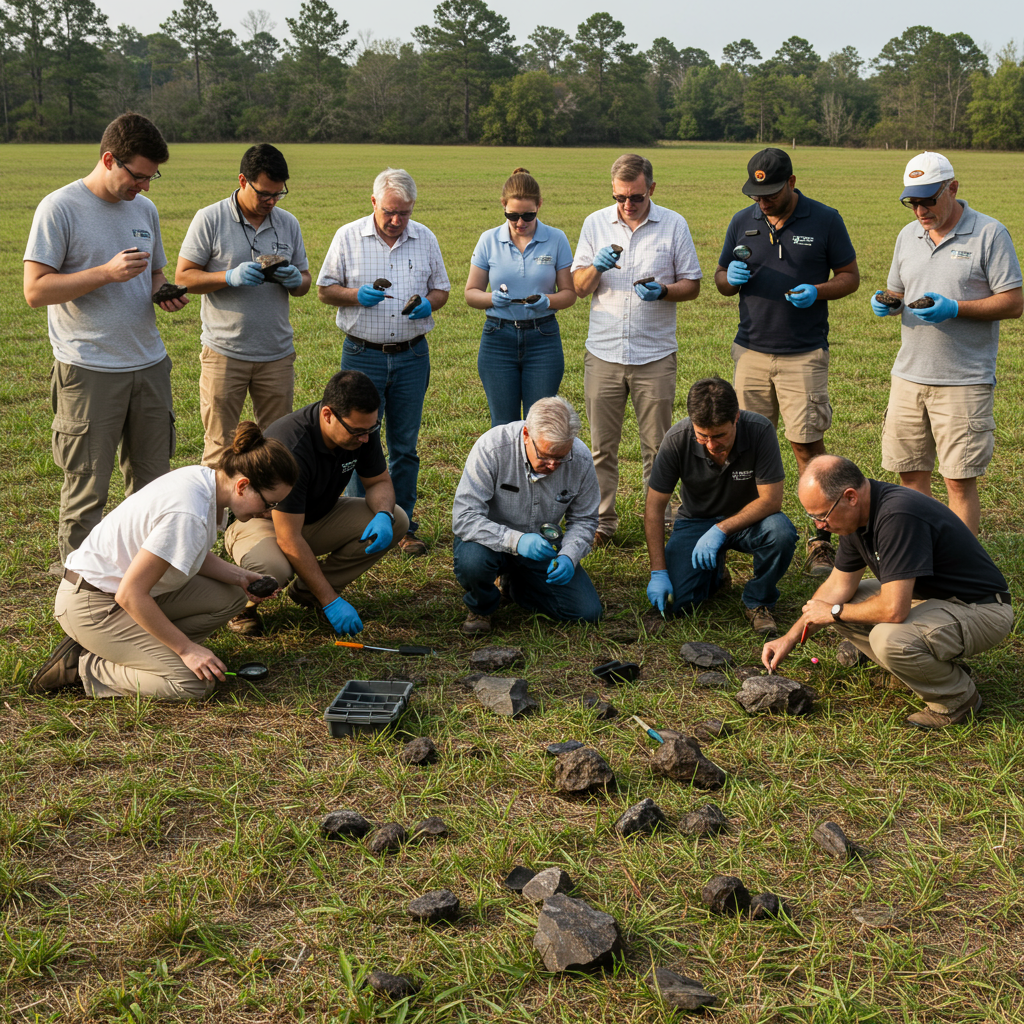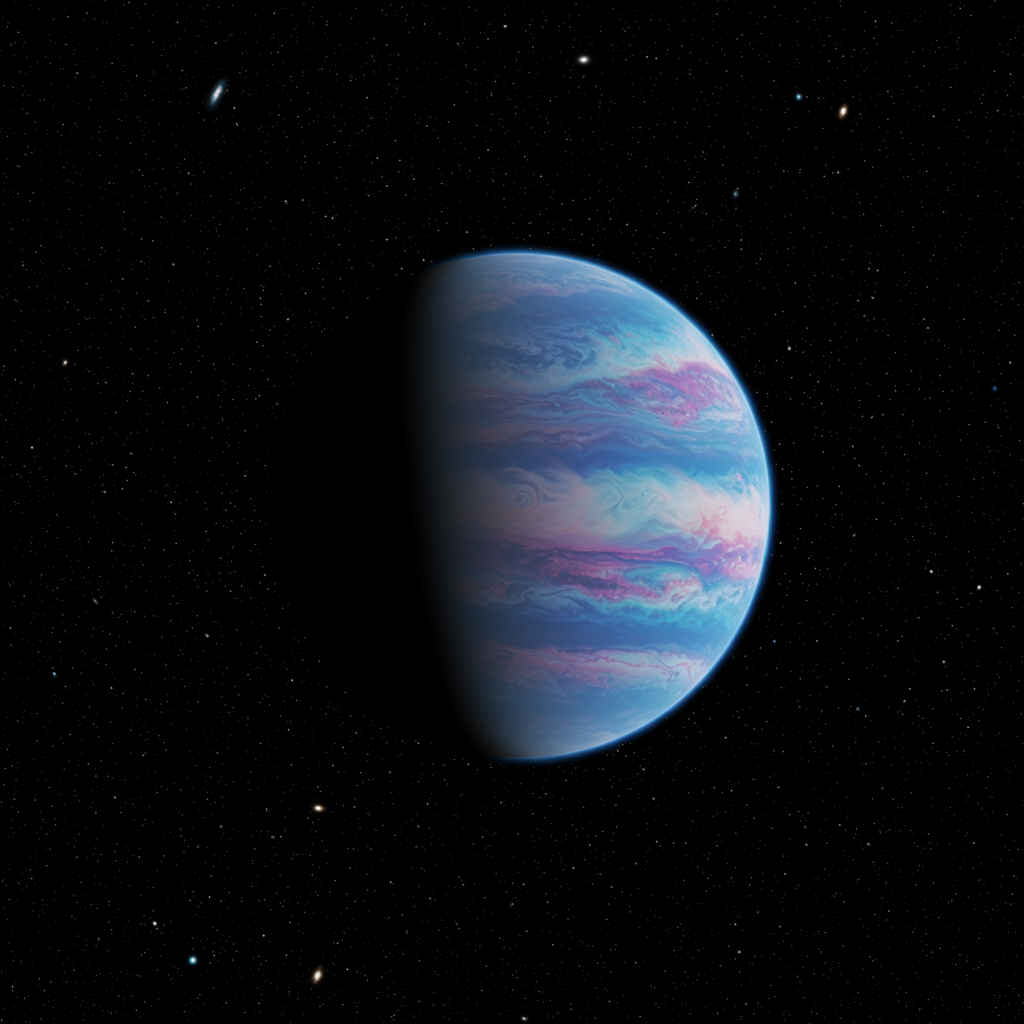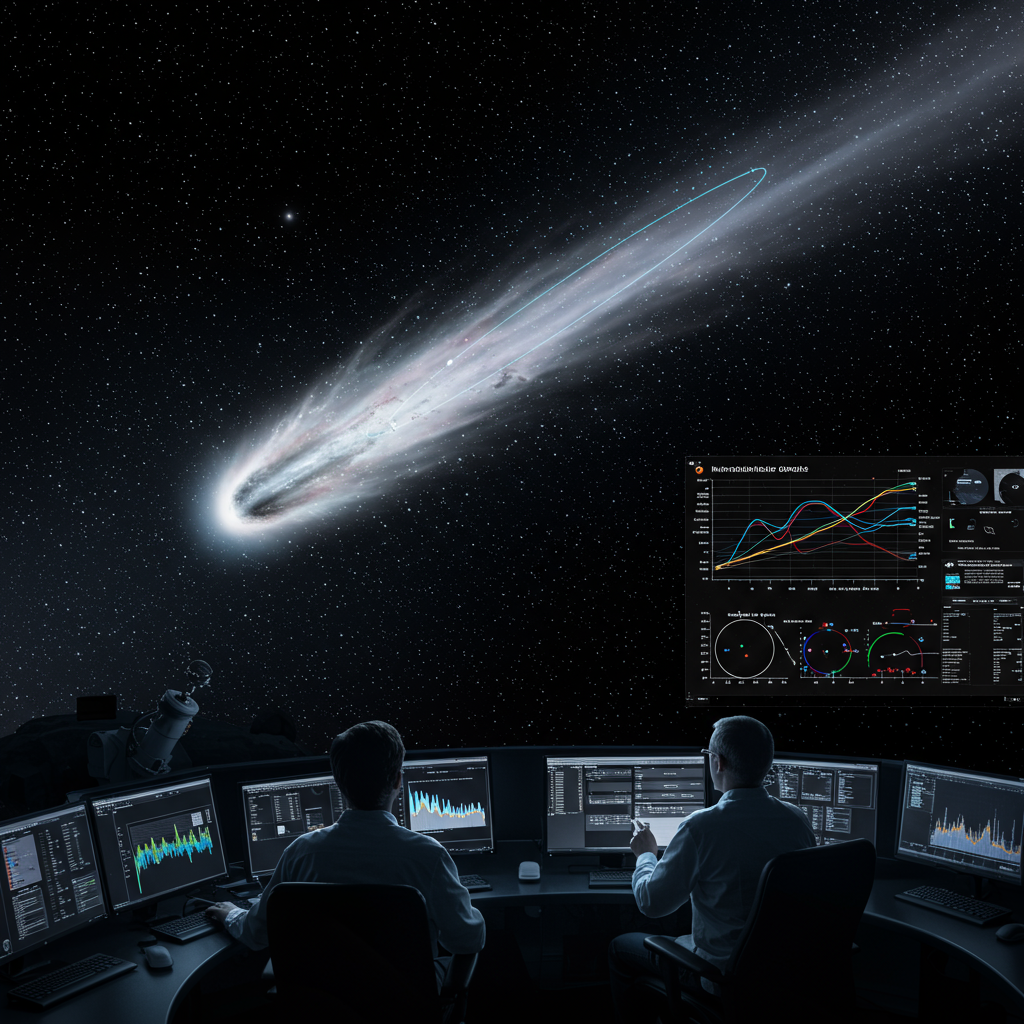A dazzling fireball recently streaked across the southeastern sky, capturing widespread attention and sparking a unique treasure hunt on the ground. Hundreds of enthusiasts, scientists, and professional seekers flocked to georgia, hoping to find fragments of the extraterrestrial object that survived its fiery descent through Earth’s atmosphere. This event brought a diverse community together, united by the rare opportunity to touch a piece of outer space.
The dramatic aerial display occurred on a Thursday afternoon around 12:30 p.m. Reports poured in from over 200 people across Georgia, South Carolina, and other nearby states. Witnesses described a brilliant object with a bright tail, leaving behind a smoky trail before appearing to disintegrate. For many, it was an unforgettable sight, particularly its unusual visibility in broad daylight under clear skies. The National Weather Service confirmed it was likely a meteor or space debris, traveling southeast before breaking up around 27 miles above the West Forest area. Adding to the intrigue, a resident in Henry County reported a rock puncturing their roof shortly after a sonic boom was heard, which authorities believe was a fragment from the event.
The Rush Begins: A Convergence of Cosmic Hunters
Almost immediately after the fireball event, a niche community mobilized. Experienced meteorite hunters from across the country packed their gear, dropped their plans, and headed towards the potential impact zone in Henry County, Georgia, southeast of Atlanta. They were joined by local hobbyists and newcomers, all eager for a chance to find a piece of the cosmic visitor.
Meteorite hunting is a pursuit blending scientific curiosity, the thrill of discovery, and sometimes, significant financial potential. These fragments, often appearing as unassuming dark rocks, are actually treasures from the depths of space, containing clues about the formation of our solar system. Identifying them requires keen observation and specific tests, like checking for magnetic attraction due to their nickel-iron content.
First Finds and Expert Pursuits
The search area, particularly focusing on locations like an empty construction site in McDonough, quickly became a hotspot for activity. One of the first successful finds was made by Ed Albin, an associate professor of space and earth sciences and a seasoned hunter. While walking a construction site in Henry County on Sunday, just days after the fireball, Albin spotted a promising rock.
“Oh my God,” he exclaimed upon seeing it, crouching down for a closer look. Using a magnet attached to a pole, a standard tool for hunters, he confirmed a faint pull – a tell-tale sign of extraterrestrial origin. The rock was indeed a chunk of the Georgia fireball. Ed Albin, who also spent 27 years as a planetarium astronomer, isn’t your typical academic waiting in a lab; he’s actively in the field alongside other hunters.
More Than Just Rocks: Value and Motivation
The value of meteorite finds can be substantial. Fragments from this Georgia fall are reportedly selling for around $100 per gram. For professional hunters, successful finds can help offset expensive travel costs associated with chasing falls across the country. By comparison, pieces from the previous Georgia fall near Junction City in 2022 fetched even higher prices, up to $300 per gram.
Ed Albin’s discovery weighed in at 16.35 grams. Based on current market prices, this single piece could command over $1,500. However, Albin plans to keep his find, describing it as the “most beautiful space rock he’s ever collected.” For him, the hunt is driven by science. Even small fragments are valuable for geochemical analysis and classification, contributing to our understanding of meteorites. He also felt a profound sense of connection to the moment, recalling a prayer he said while driving to the site.
Diverse Faces of the Hunt
The hunting grounds were populated by a fascinating array of individuals. Among them was Steve Arnold, a prominent figure known from the “Meteorite Men” documentary series. Arnold, a veteran of countless meteorite hunts, drove from his home in Arkansas immediately after hearing the news, arriving in Georgia by sunrise. He’s known for his dedication, sometimes staying for weeks after a significant fall. Despite his expertise, Arnold emphasized that anyone can find a meteorite.
He highlighted this point by mentioning that one of the largest pieces from the Georgia fireball to date was found by a 9-year-old boy on Saturday. “If a 9-year-old can find one, anybody can find one,” Arnold stated, underscoring the democratic nature of this cosmic lottery.
Another unique member of the hunting community present was Carl Dietrich from South Carolina, accompanied by his dog, Piper. Dietrich and Piper have been traveling the country hunting meteorites since 2022, often sleeping in his car to save money. Piper, a mutt with suspected shepherd lineage, serves as emotional support and enjoys the outdoor adventure and interacting with fellow hunters. Dietrich was inspired to start hunting after watching Steve Arnold’s show years ago and finds that the pursuit gives him a strong sense of purpose.
Even casual enthusiasts joined the search. Iliana Machiz and her husband Ari from Mableton, Georgia, got into the hobby after the 2022 fall. Iliana likens meteorite hunting to “egg hunts for adults,” driven by the adrenaline and thrill of the chase rather than solely the potential reward. While happy for Ed Albin’s impressive find, she humorously admitted the natural human desire for it to have been her own discovery.
The scene in Henry County was a testament to the captivating power of space rocks. It brought together a community where seasoned pros mentored newcomers, where science met treasure hunting, and where a piece of the cosmos, hidden in plain sight, could be waiting just a few steps away. The Georgia fireball event proved that sometimes, the most exciting treasures literally fall from the sky.
Frequently Asked Questions
What was the Georgia fireball seen recently?
The Georgia fireball was a bright object, likely a meteor or space debris, that entered Earth’s atmosphere on a Thursday afternoon around 12:30 p.m. Reports came from over 200 witnesses across several southeastern states, including Georgia and South Carolina. It was notable for its extreme brightness and visibility in broad daylight, creating a dramatic streak across the sky before breaking apart high above Henry County, Georgia. A sonic boom was heard by many, and a fragment is believed to have even penetrated a roof in the area.
How can you identify a meteorite if you find a rock?
Meteorites often look like ordinary black or dark rocks, but they have specific characteristics. One key test involves using a rare-earth magnet. Many meteorites contain nickel-iron alloys and will show a faint magnetic attraction. They may also have a fusion crust (a melted outer layer) and can feel heavier than typical Earth rocks of the same size. Finding a potentially different-looking rock in a known impact zone after a fireball sighting is a good starting point for further investigation. Expert verification is necessary for positive identification.
Is meteorite hunting a profitable hobby?
Meteorite hunting can be both a hobby and a business. While many hunt for the thrill and scientific interest, successful finds can be sold for significant amounts. Fragments from the recent Georgia fall are valued at around $100 per gram, though prices can vary greatly depending on the type and rarity of the meteorite. For experienced hunters like Steve Arnold, it is a primary livelihood, funding travel and expeditions. However, finding a valuable piece is not guaranteed, making it a speculative venture financially.




